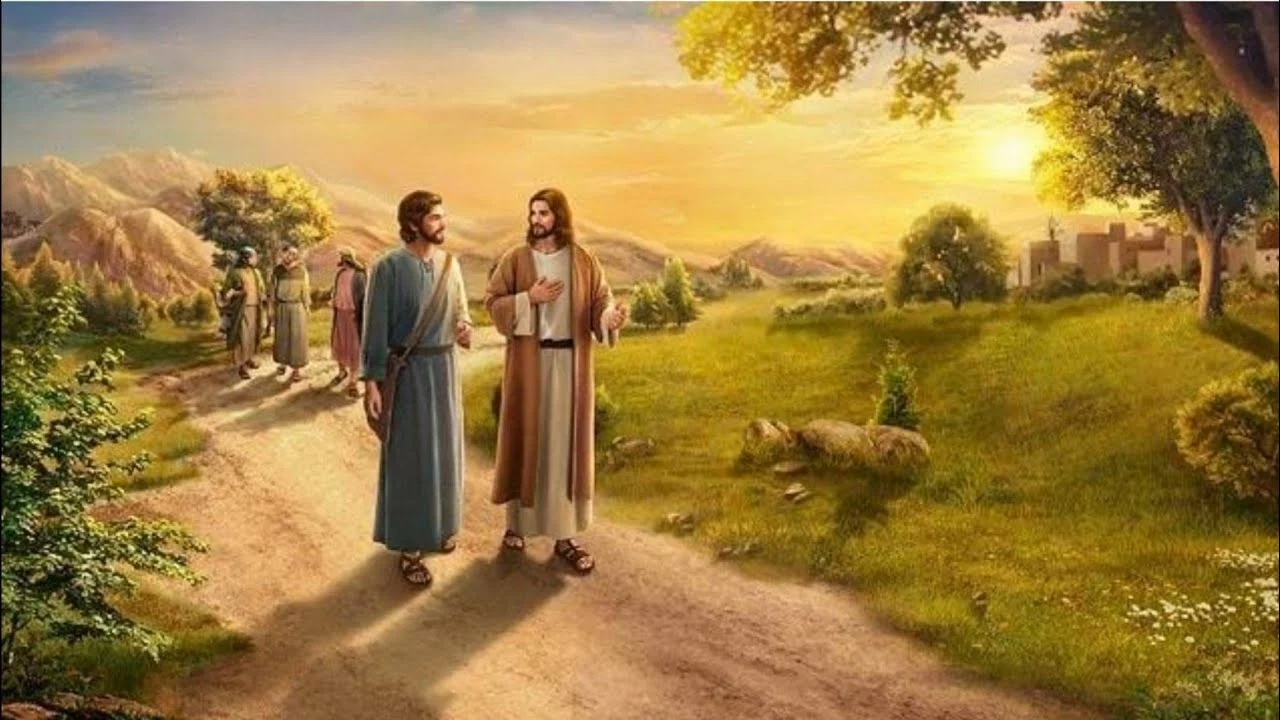Introduction: Historical Context of India
When Jesus was born in Bethlehem nearly 2000 years ago, a world away in India, a rich tapestry of civilization was unfolding. This period of Indian history is often overlooked, but it was a time of significant societal and political change that would leave a lasting impact on the country’s culture and identity. As we delve into the historical context of India during this time, it's important to remember that the events are not isolated; they are interconnected with the broader narrative of global history.
The Maurya Empire: A Glimpse into the Past
The Maurya Empire, one of the largest and most enduring political entities in Indian history, was in its twilight years around the time of Jesus's birth. Founded by Chandragupta Maurya in the 4th century BC, the empire reached its zenith under Ashoka, who embraced Buddhism and spread its teachings throughout his kingdom. However, by the time Jesus was born, the Maurya Empire was on the decline, with its last rulers struggling to maintain control over the vast territories.
Emergence of the Shunga Dynasty
As the Maurya Empire waned, the Shunga Dynasty rose to prominence. Established by Pushyamitra Shunga, the dynasty marked a significant shift in India's religious and cultural landscape. The Shungas were staunch proponents of Brahmanism and performed several Vedic sacrifices to assert their Brahmanical credentials. This marked a departure from the Buddhist principles that had been widely promoted under Ashoka's rule, indicating a swing back towards traditional Hindu religious practices.
Trade and the Silk Road
At the time of Jesus's birth, India was a key player in the international trade network, primarily due to its strategic position on the Silk Road. The Silk Road was a complex system of trade routes connecting the East and the West, facilitating the exchange of goods, ideas, and cultural practices. Indian spices, textiles, and precious stones were highly sought after, contributing to the prosperity and cultural richness of the time.
The Rise of Regional Kingdoms
As the central imperial authority of the Maurya Empire crumbled, regional kingdoms began to emerge across India. These kingdoms, such as the Satavahanas in the Deccan and the Indo-Greeks in the northwest, each had their unique cultural, political, and economic systems. They were often at odds with each other, leading to a period of frequent wars and shifting alliances.
Religious Developments: The Growth of Buddhism and Jainism
Despite the resurgence of Brahmanism under the Shungas, this period also saw the widespread growth of Buddhism and Jainism. These religions, with their emphasis on non-violence, compassion, and asceticism, attracted many followers. They profoundly influenced the social, cultural, and philosophical fabric of Indian society and continue to shape the spiritual landscape of India to this day.
Conclusion: The Echoes of Ancient India
The period around the birth of Jesus was a dynamic and transformative time in Indian history. It was marked by the rise and fall of empires, the growth of trade and economic prosperity, religious and philosophical debates, and the establishment of regional identities. These developments not only shaped India's history but also had a profound impact on the course of world history. As we look back at this period, we can see the echoes of ancient India in the country's present-day cultural and societal fabric.
